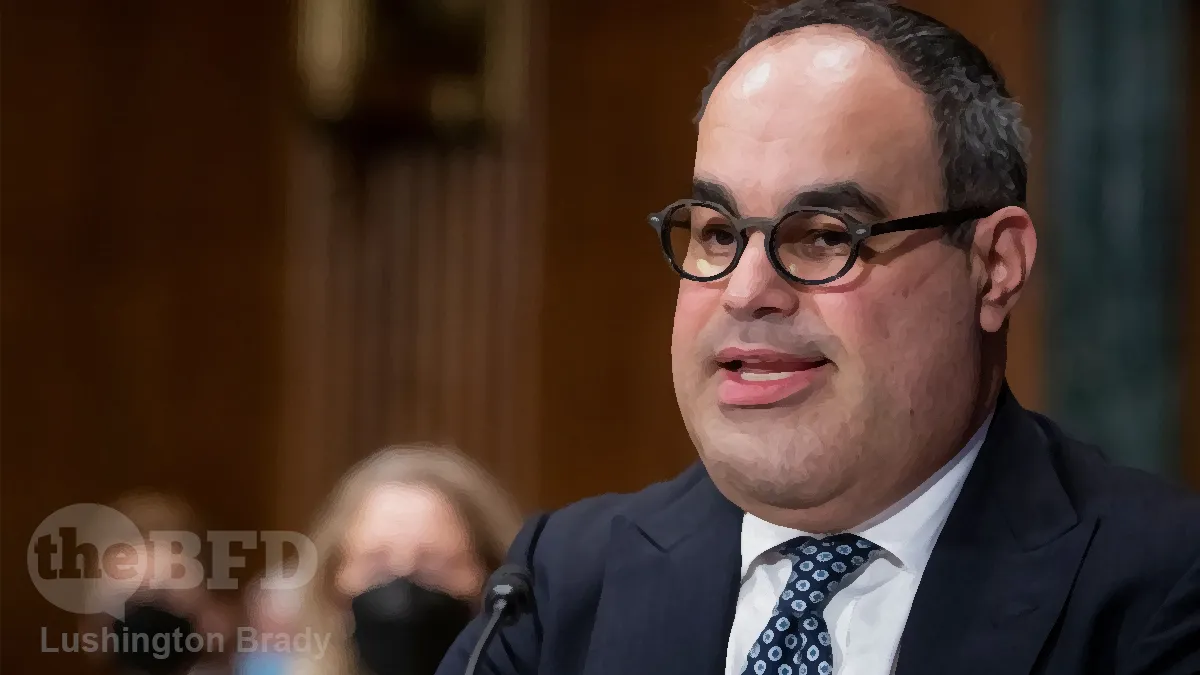Table of Contents
Microsoft’s stunning takeover bid for Activision Blizzard games is not just one of the biggest in the tech industry, but has massive implications for the future of the internet — or more correctly, the “metaverse”.
In the short run, Microsoft’s takeover makes them the third-biggest games company in the world. Gaining control of such massive titles as Call of Duty, World of Warcraft and Candy Crush, and potentially making many of them exclusive to its XBox consoles, is a direct challenge to another games giant, Sony, owner of the Playstation.
But it also puts Microsoft in a dominant position for the emerging “metaverse”, the mooted “future of the internet”, a supposed virtual world that will mesh everything from social media to gaming to online transactions, using 3d and virtual reality technology. It’s a concept long imagined in SF, from the novels of William Gibson (which popularised the term “cyberspace”), to the Japanese movie Summerwars.
Needless to say, not just the size of the deal, but its implications for the future of the online world, is making a great many people nervous. There is already talk of an anti-trust suit — hardly a new experience for Microsoft — but who will handle it?
The Justice Department would typically handle any probe of Microsoft’s $68.7 billion Activision-Blizzard acquisition — but DOJ antitrust chief Jonathan Kanter’s previous work for Microsoft could throw a wrench into that routine.
Since Kanter spent more than a decade as an advisor to Microsoft on regulatory issues, he would likely be forced to recuse himself from any probe of the Microsoft-Activision deal, insiders say. That increases the likelihood that a review of the deal could be kicked to Lina Khan’s Federal Trade Commission, which also handles antitrust cases, according to former DC-based regulators.
“Who gets to handle this merger is the $69 billion question,” one former regulator told The Post.
Microsoft will almost certainly be hoping it’s the Justice Department: a department of the federal government with more than a few corruption issues in its past, and which also goes softer on anti-trust. The DOJ, for instance, rubber-stamped Microsoft’s $20bn acquisition of AI company Nuance, as well as its $26bn takeover of LinkedIn.
The FTC is generally perceived as harsher than the Justice Department […]
One hedge fund attorney said that if the Justice Department reviews the deal, there’s at least a 75% chance that it goes through. If the FTC reviews the deal, it’s less likely to be completed, the attorney predicted.
Kanter has some serious history with Microsoft and anti-trust suits. In 2007, he represented the company when it tried to block Google from buying DoubleClick. In fact, he spent years lobbying lawmakers in Washington and Brussells on Microsoft’s behalf, urging them to crack down on Google. He also advised Microsoft on its takeovers of LinkedIn and Skype.
“He worked most of his career for Microsoft,” a source with direct knowledge of the situation said. “His main job was dropping dimes on Google.”
New York Post
In fact, Activision Blizzard are clearly anticipating regulatory trouble — and ensuring a nice little windfall, just case. The deal includes a staggering $3bn “breakup fee” that Microsoft has to pay them if the deal goes south.









